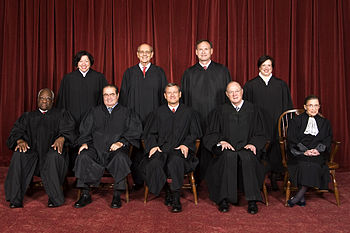Dear Editor:
Campus surveys of students and staff members at Las Positas College shows that there is a great lack of awareness of the current smoking campus policies.
The current policy is as follows: Smoking in parking lots and designated areas only. Approximately 25% of the responses were aware of this policy, 35% chose 20 feet away or more from buildings and 34% had no idea what the smoking policy was.
This finding serves as a wake-up call for Las Positas administration and security to assert smoking campus policy further. In addition to these responses, 6% of the respondents marked that vaping is allowed indoors, and 2% for smoking indoors (Fig 8). Given that it is a California law that smoking is prohibited in indoor public areas, this data indicates that some respondents are unaware of state smoking laws.
Today, secondhand smoke is known to cause a number of health issues, with heart disease and lung cancer being the most prominent ones. This survey provides insight on the exposure of secondhand smoke on campus for both smoking and vaping.
Approximately 58% of respondents reported they have been exposed to secondhand smoke, and 61% reported they have had exposure to secondhand vape on campus. Allergies and sensitivities were also included in the survey – about 22% of respondents reported experiencing an adverse reaction to secondhand smoke or vape, (Fig 7) and about 10.8% of respondents reported some type of tobacco use in the past 30 days. One student on campus emphasized support for the surveys and said, “It’s great that you guys are doing this. Every time someone passes me and is vaping or smoking, I cough and feel like I can’t breathe right.”

Overall, the findings exhibit insufficient regulation of Las Positas College campus smoking/vaping policies. The administration and staff play a crucial role in advocating campus policies and ensuring student safety.
Figure 8 indicates a lack of knowledge of the current smoking policy and miscommunication of the designated areas for smoking/vaping. Figure 7 displays a lack of enforcement of the current smoking policy due to the high amount of respondents that reported exposure to secondhand smoke and vape.

Lack of proper signage may also contribute to the lack of policy awareness. Some signs (such on the 1000 building) say that no smoking is allowed within 25 feet of the building; this conflicts with the policy of no smoking except for parking lots.
Allergies and sensitivities are a major concern and augment the need to further enforce smoking policies in a timely manner. With these conclusions, the goal is to highlight the best way to enforce the current smoking policy on campus and educate students on the detrimental effects of both primary and secondhand smoke.
Adriana Del Cid
Asian Pacific Islander Coalition Against Tobacco (API-CHAT)



